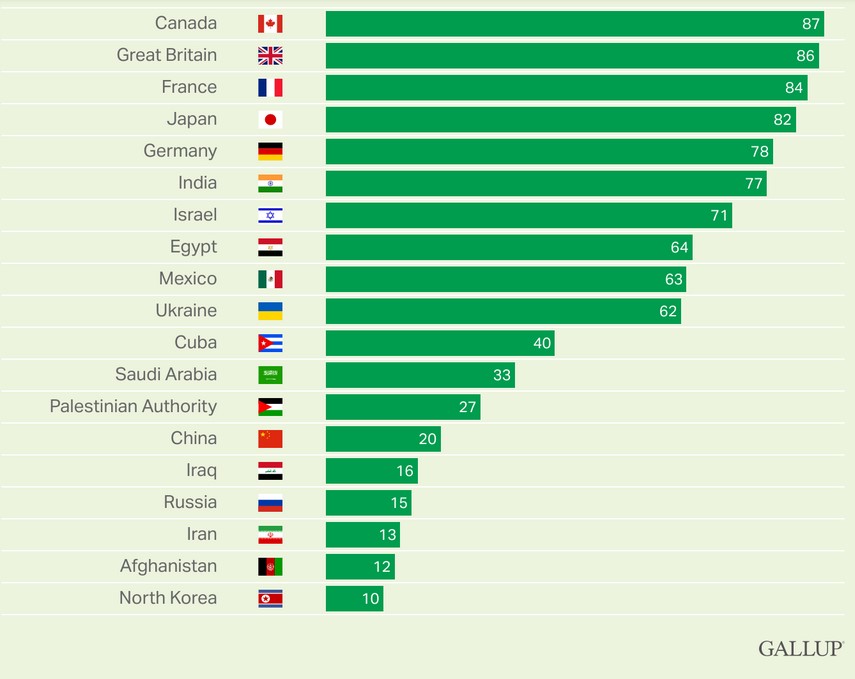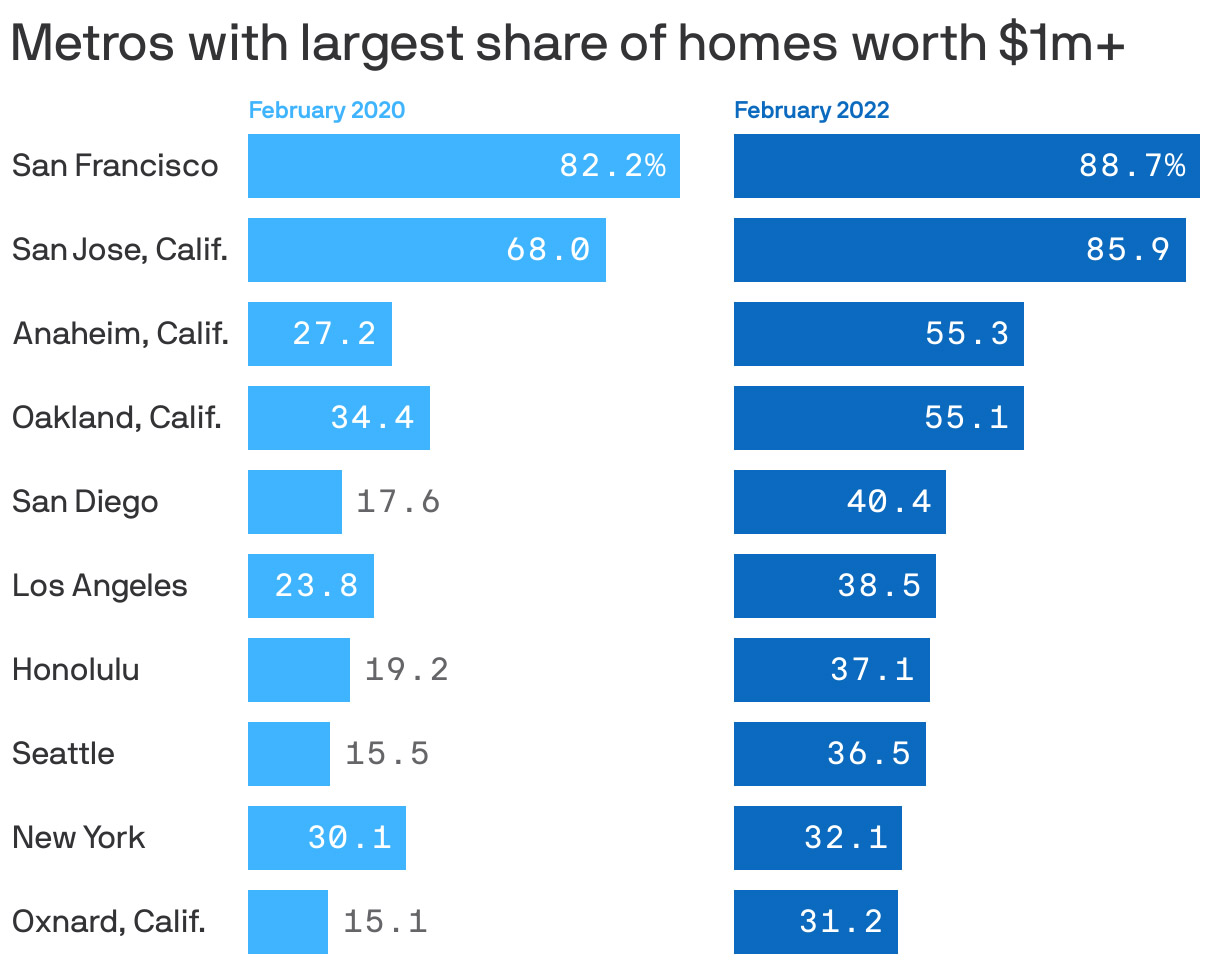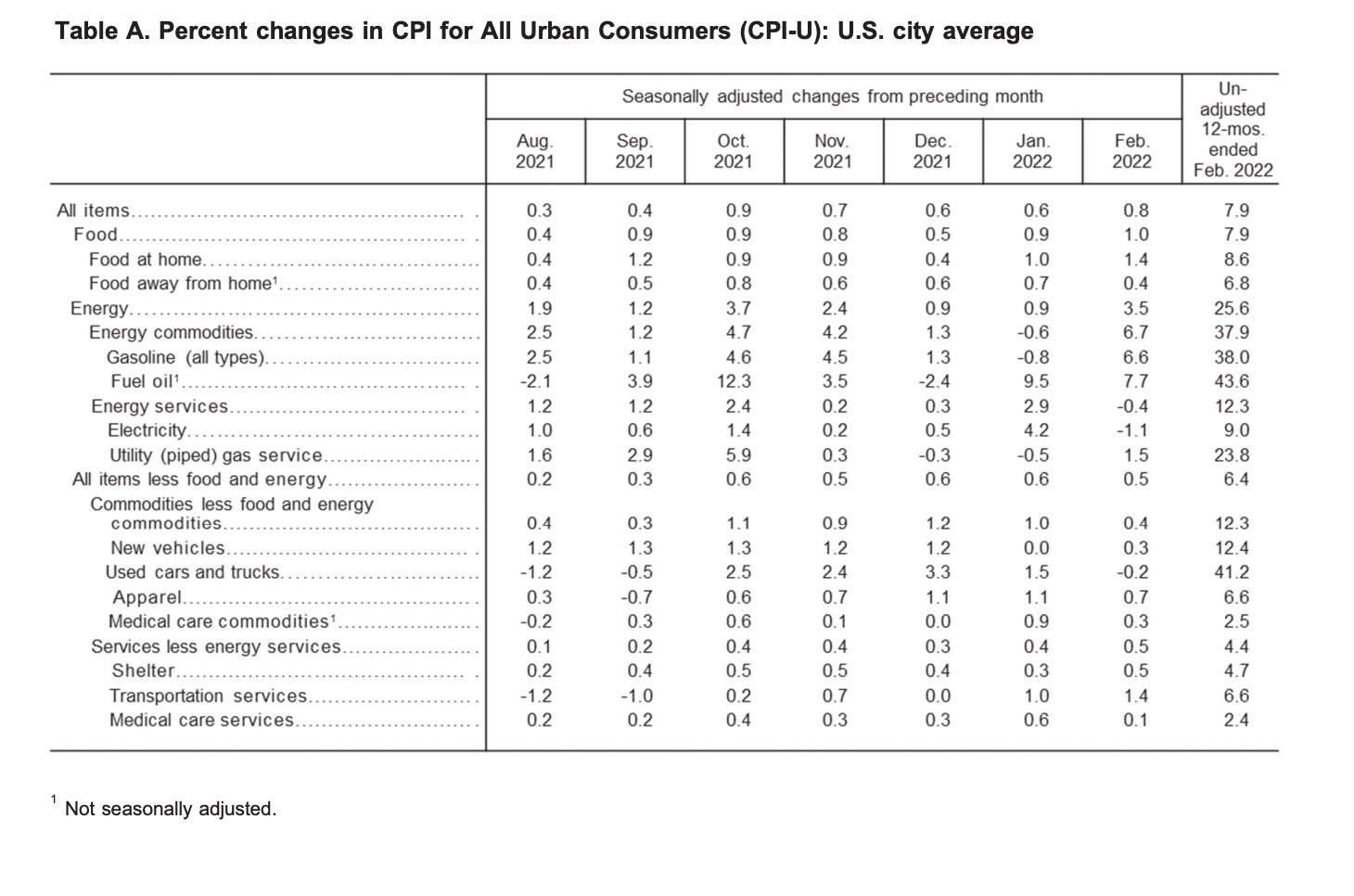In early January, a day before students returned from winter break, Jeremy Glenn, the superintendent of the Granbury Independent School District in North Texas, told a group of librarians he’d summoned to a district meeting room that he needed to speak from his heart.
“I want to talk about our community,” Glenn said, according to a recording of the Jan. 10 meeting obtained and verified by NBC News, ProPublica and The Texas Tribune. Glenn explained that Granbury, the largest city in a county where 81% of residents voted for then-President Donald Trump in the 2020 presidential election, is “very, very conservative.”
He also made it clear that his concerns specifically included books with LGBTQ themes, even if they do not describe sex. Those comments, according to legal experts, raise concerns about possible violations of the First Amendment and federal civil rights laws that protect students from discrimination based on their gender and sexuality.
“And I’m going to take it a step further with you,” he said, according to the recording. “There are two genders. There’s male, and there’s female. And I acknowledge that there are men that think they’re women. And there are women that think they’re men. And again, I don’t have any issues with what people want to believe, but there’s no place for it in our libraries.”
![]() It is easy to generalize whenever someone uses a word that ends in ‘ism’. Such words are considered too general at best and too nerdy at worst but they represent concrete behaviors experienced by people every day.
It is easy to generalize whenever someone uses a word that ends in ‘ism’. Such words are considered too general at best and too nerdy at worst but they represent concrete behaviors experienced by people every day.
The above mandate given by the superintendent of the Granbury Independent School District is a clear example of totalitarianism. In a quick thought, one could say that this is democracy in action and the Superintendent is representing his majority. In a subtle way, however, the rights of the minority have been declared illegal by a person representing the government. One premise for democracy is that democracies do not go to war against each other; people are never a political instrument of convenience or prejudice. Democracy is a live and let live world.
If one abhors homosexual literature, fine. If one relates to homosexual literature, fine – but one should never, in a democracy, exclude the other.
The United States has begun the twenty-first century saturated in totalitarianism – to the point that most legislatures, state and Federal, can’t come to terms with the diversity found in 300 million citizens.
Ancient Mariner





 s hibernation takes more of a toll every year. But just like a bear rising from the den, it’s good to stretch and rejoin Nature’s world. He refreshed the bird feeders and was pleased to see a Red-Bellied Woodpecker hammering on the suet block.
s hibernation takes more of a toll every year. But just like a bear rising from the den, it’s good to stretch and rejoin Nature’s world. He refreshed the bird feeders and was pleased to see a Red-Bellied Woodpecker hammering on the suet block.